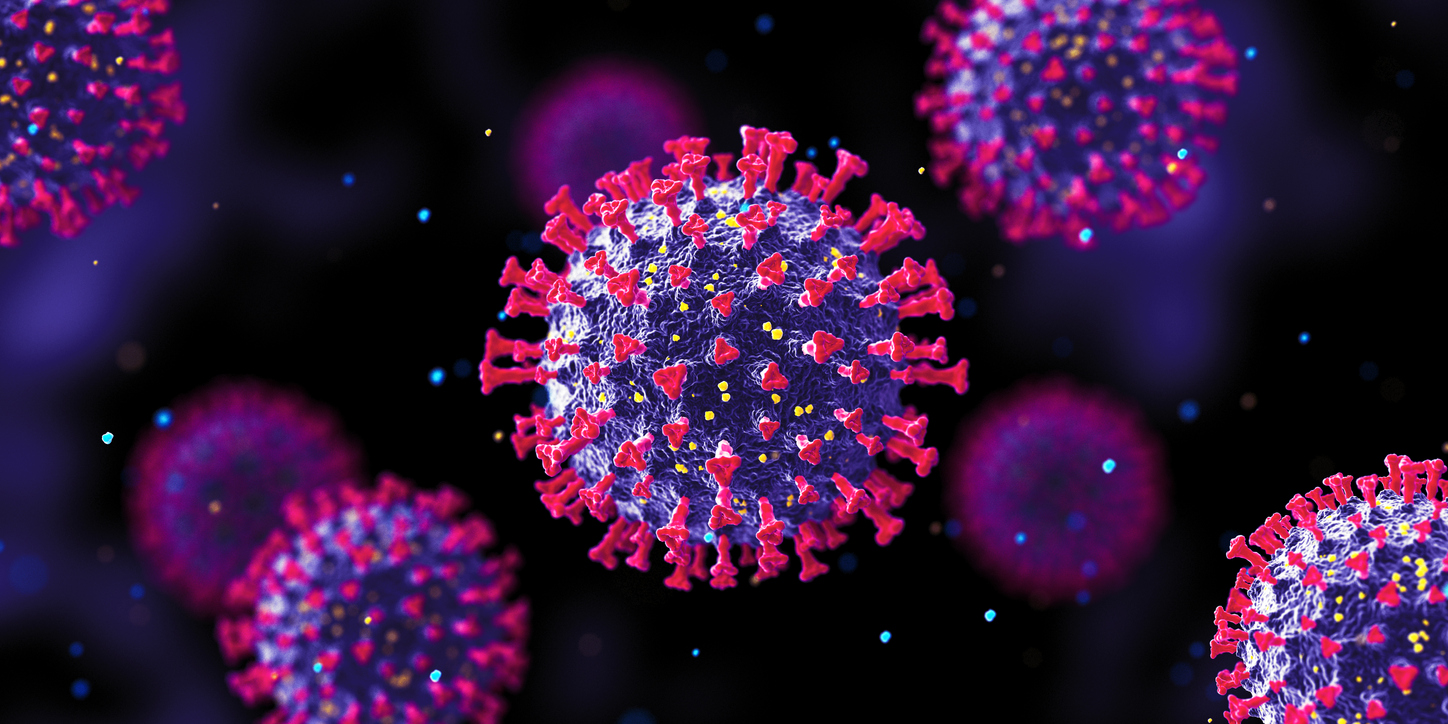Japan’s bird flu cases surge in January
Japan is experiencing a surge of avian influenza outbreaks, with approximately five million chickens and other birds culled across five prefectures this month.
Wearing a mask at a public place is recommended by the Indian medical Association, and isolation is recommended to patients.

Representation image : istock
Influenza cases are on the rise in several parts of India, specially in northern India and patients are complaining of prolonged illness, lingering cough and respiratory challenges. Doctors and medical experts explain that this is another type of virus which behaves like coronavirus.
Scientists say there could be the possibility of disinfection with influenza or new variants, showing different kinds of clinical scenarios. Although the new wave of this virus is not causing any deaths and hospitalisation, people are threatened by the symptoms.
Advertisement
According to Vipasha Thakur, a research scholar at Department of Biotechnology and Microbiology, Punjab University, influenza is a single-stranded, helically shaped RNA virus of the orthomyxovirus family.
Advertisement
Three types of influenza virus are known to affect humans: A, B, and C. Type A influenza has subtypes determined by the surface antigens hemagglutinin (HA) and neuraminidase (NA). There are 18 different H subtypes and 11 different N subtypes.
According to him, eight H subtypes (H1, H2, H3, H5, H6, H7, H9, H10) and six N subtypes (N1, N2, N6, N7, N8, and N9) have been detected in humans. Type B influenza is classified into two lineages: B/Yamagata and B/Victoria.
Infection with influenza viruses can be asymptomatic or result in disease that ranges from mild to severe. Influenza B more commonly affects children. Influenza C is rarely reported as a cause of human illness, probably because most cases are subclinical. Influenza C has not been associated with epidemic disease.
These novel strains are the influenza virus’s evolutionary adaptations to a strong population-wide immune response. The strain H3N2 variant of this Virus is causing prolonged illness specifically cough. The infection usually lasts for seven days but according to the patients the symptoms are lasting for 15 days to month.
The Indian Medical Association informed in a public advisory on March 3, 2023 about the sudden rise in the number of patients having symptoms such as cough, nausea, vomiting, sore throat, fever, body ache and even diarrhea in some cases.
It also advised doctors to refrain from prescribing antibiotics, and resorting to symptomatic treatment only. The currently recommended drugs for the H3N2 virus are oseltamivir, zanamivir, peramivir, and baloxavir, which are available through prescription. Wearing a mask at a public place is recommended by the Indian medical Association, and isolation is recommended to patients.
Advertisement